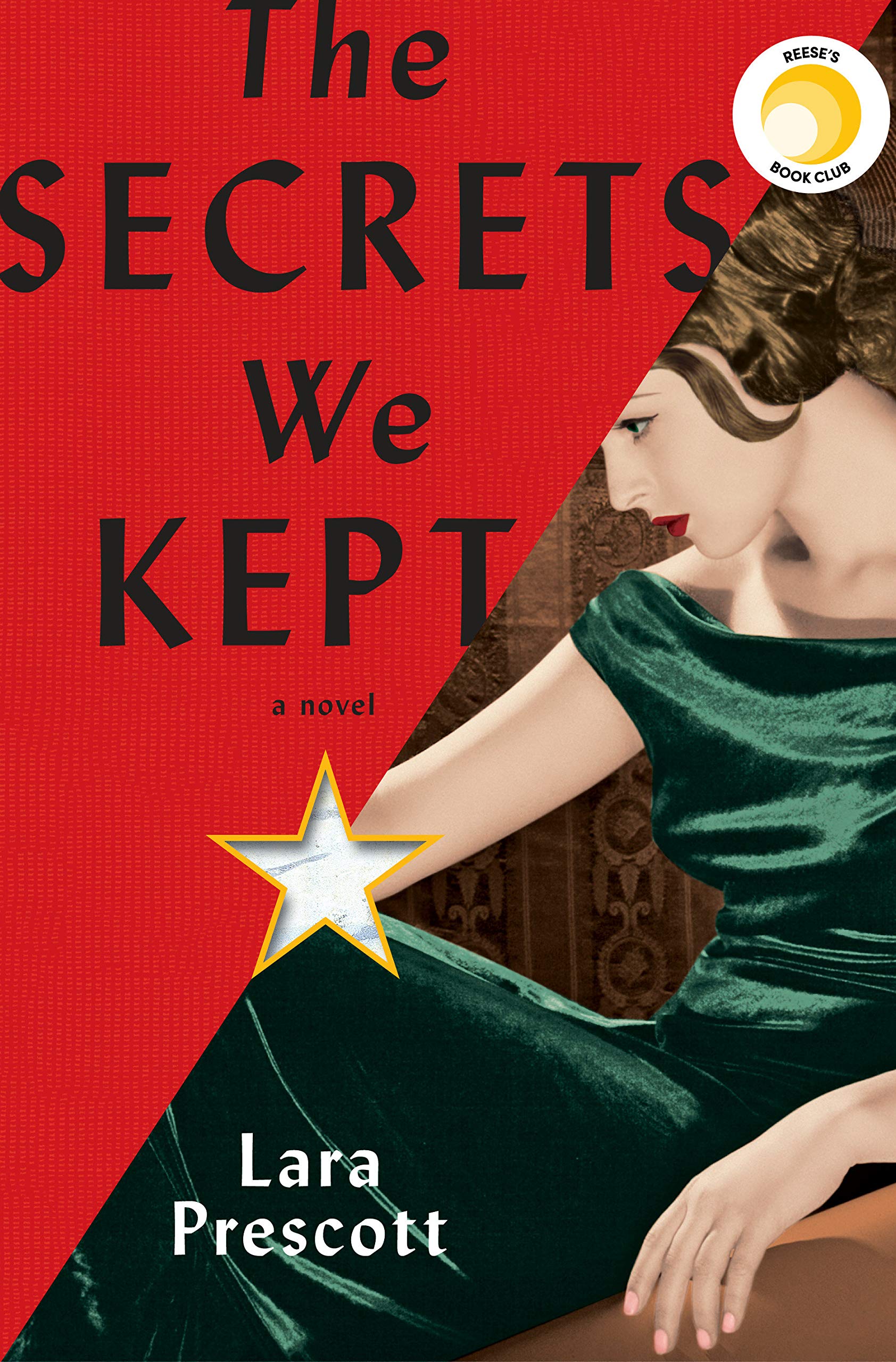PLOT: 4.5/5
RELEVANCE: 4.5/5
CHARACTERS: 4.5/5
ENTERTAINMENT: 4.5/5
OVERALL: 4.5/5
PUBLISHED ON: November 8, 2019
GENRE: Historical Fiction
A Glimpse Into The Story & Its Characters
Lara Prescott’s gripping historical fiction book, “The Secrets We Kept,” centers on how the CIA exploited Boris Pasternak’s “Doctor Zhivago” as a Cold War propaganda tool. The novel is set in the 1950s and 1960s and relates the tale from the perspectives of two CIA secretaries.
The USA’s side of the story introduces two main characters, Irina and Sally, who are secretaries working in the CIA ‘typing pool”. They are chosen for a covert expedition to transfer the “Doctor Zhivago” manuscript out of the Soviet Union and into the West for publication. The USSR side introduces the hardships of the manuscript’s originator, Boris Pasternak and his mistress, Olga, who are banned by Stalin and face tremendous torture as they refuse to let go of their dream to publish this manuscript.
The book does a fantastic job of balancing the story’s political and personal elements. Particularly with Irina and Sally, who are torn between their commitment to their country and their ambitions, she effectively captures the characters’ emotional journey. The reader is immediately transported to the 1950s and 1960s by Prescott’s vivid depictions of the period.
“The Secrets We Kept” is a solidly written and compelling book that cleverly integrates espionage, romance, and history. The plot of Prescott’s novels is full of intrigue and suspense, and the characters are well-rounded and relatable. The thrilling yet totally believable journey of the characters will have you guessing and re-guessing the amount of truth in this book.
History, Politics & Spycraft
The Cold War between the United States and the Soviet Union was at its worst during the 1950s and 1960s when the story is set. The United States represented capitalist democracy, and the Soviet Union represented communism during this period, which divided the world into two political and ideological zones. Joseph Stalin’s dictatorial leadership over the Soviet Union lasted until his passing in 1953 when Nikita Khrushchev took over as president. Political persecution, a cult of personality, and rampant human rights violations were all hallmarks of Stalin’s leadership.
The Cold War era in the United States was characterized by suspicions of communism and the advent of McCarthyism, a political movement intended to purge the nation of any suspected communists.
In this context, the CIA carried out various covert activities to further American objectives and fought Soviet influence globally, including in literature and the arts. The publication of Boris Pasternak’s “Doctor Zhivago” and its part in the Cold War propaganda war is the focal point through which “The Secrets We Kept” examines this historical setting.
What I Loved About This Book
This book covers a lot of ground and tells a genuinely expansive and great story. You quickly become attached to the characters because they are presented in familiar ways. I learned that the historical characters I had previously observed from a distance were regular people.
Be sure, you will be introduced to a tale of love, justice, class, repression, ambition, and sacrifice by Boris Pasternak, his mistress Olga, and the ‘typists’.
I was able to take a lot away from reading this book.
One of the aspects of this book that will always stick with me is – how much more freedom we now have to publish and how difficult it was to get a book that was so highly regarded into the public’s hands.
I also adored the feminism messages ingrained in Lara Prescott’s choices – with strong women as the focal point of the narrative, showing them to be sex-positive, take responsibility for their actions, and showing how they could still have an impact even when the men around them disregarded them.
The Secrets We Kept – Final Appeal
“The Secrets We Kept” is a page-turning and provocative book that presents a new viewpoint on a well-known historical/political event. It is a stunningly written and well-researched work of fiction that will fascinate readers who enjoy the genre and those curious about the relationship between literature and politics. The power of literature, propaganda, and censorship are all issues that Prescott tackles throughout the book. She offers insight into the political environment of the day and depicts the two ladies as heroines who risk all to publish a book.
The book has won plaudits from critics who laud its vivid depiction of historical events and intriguing storytelling.

